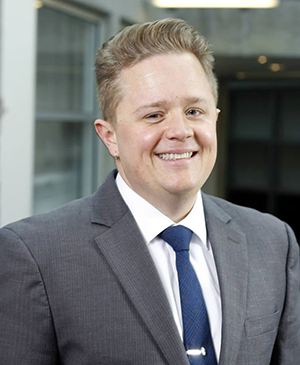Professor Creel and Students Author Amicus Curiae Brief Accepted by the U.S. Court of Appeals for the Ninth Circuit
March 17, 2015 - Tamara Williams

Professor Barbara Creel and the National Association of Criminal Defense Lawyers moved to submit an Amicus Brief in Fortino Alvarez v. Randy Tracy, a civil post-conviction case currently pending before the U.S. Court of Appeals for the Ninth Circuit. The brief, filed February 17, 2015, was accepted by the Court, and argued in favor of rehearing and en banc review.
The amicus brief sets out to separate exhaustion doctrine analyses in civil and criminal cases evolving from tribal courts. The brief advocates a different exhaustion treatment in criminal post-conviction cases pursuant to the federal civil habeas corpus under the Indian Civil Rights Act, 25 U.S.C. § 1303 (ICRA).
“The question of exhaustion was one that Congress was silent on under (ICRA),” says Creel. Because the federal laws and rules governing habeas corpus cases arising from state or federal courts do not apply, the question is a complex one. The issue is an important one of individual rights of access to the privilege of the writ of habeas corpus in cases arising from Tribal Court criminal matters.
The issue exhaustion and access to federal habeas will prove to be a critical one after the implementation of the Special Domestic Violence Jurisdiction recognized by the Violence Against Women Act Reauthorization, which allows for criminal jurisdiction over non-Indians.

Brian McMath (’15) was one of the students who assisted in the research, drafting and support of the amicus brief.
Credit: Robert Johnston
Brian McMath (’15) was one of the students who worked on the brief. “As an aspiring appellate practitioner, I jumped at the chance to work on a federal circuit court brief both to learn the content of the specific issues and to practice my own brief writing skills in general,” says McMath. “I was honored to be a member of the team, and I am very proud of the work we did.”
Veronica Gonzales (’15) led a team of students to assist in the research, drafting and support of the amicus brief. In addition to McMath, the team included fellow third-year students Lila Jones, Syngen Kanassatega, and Josh Nairn-Mahan.

